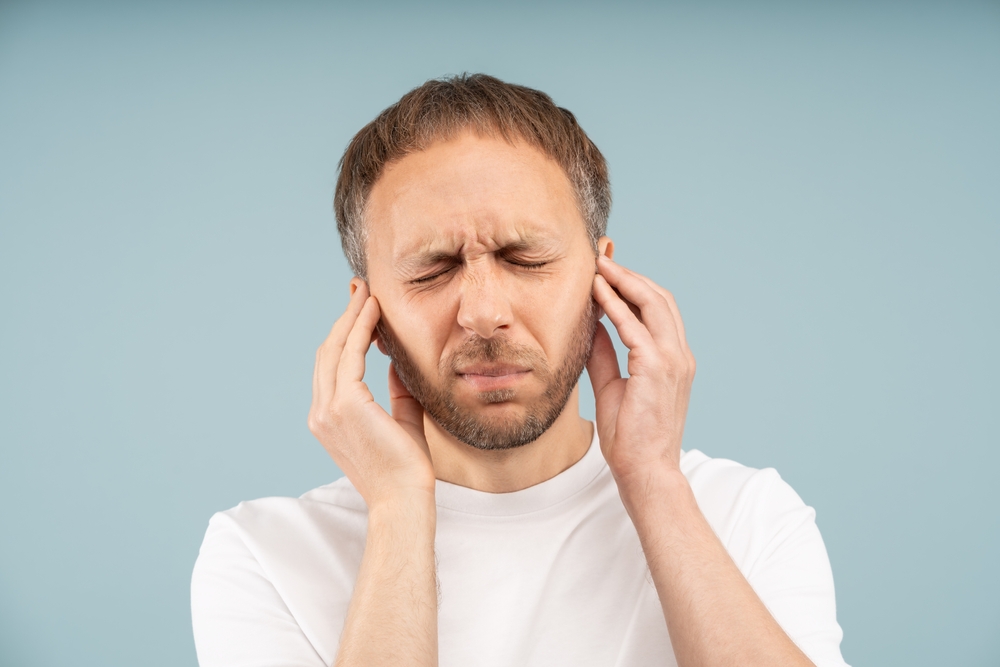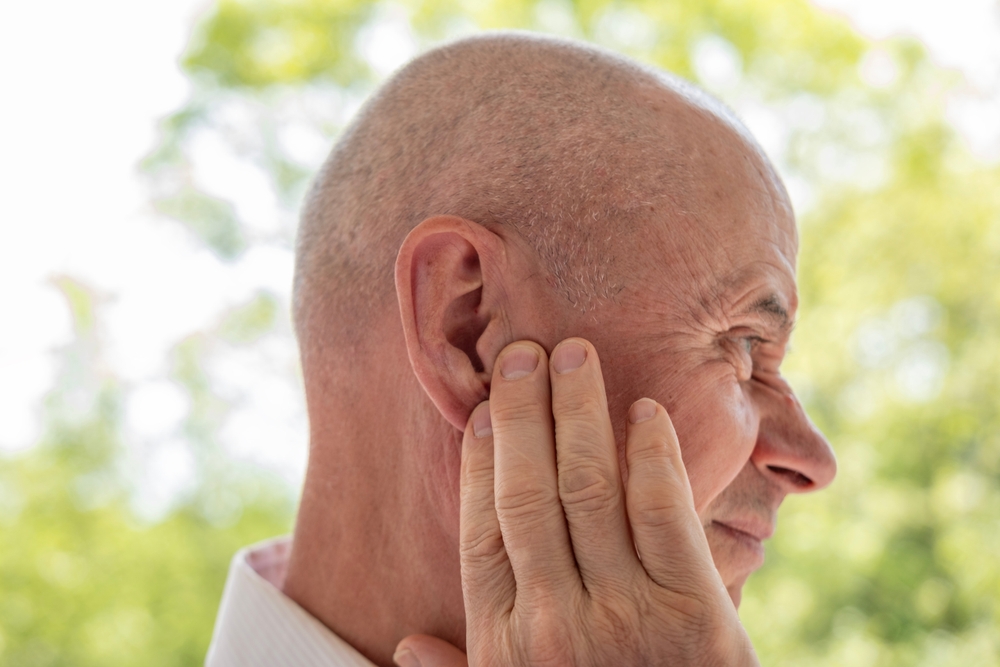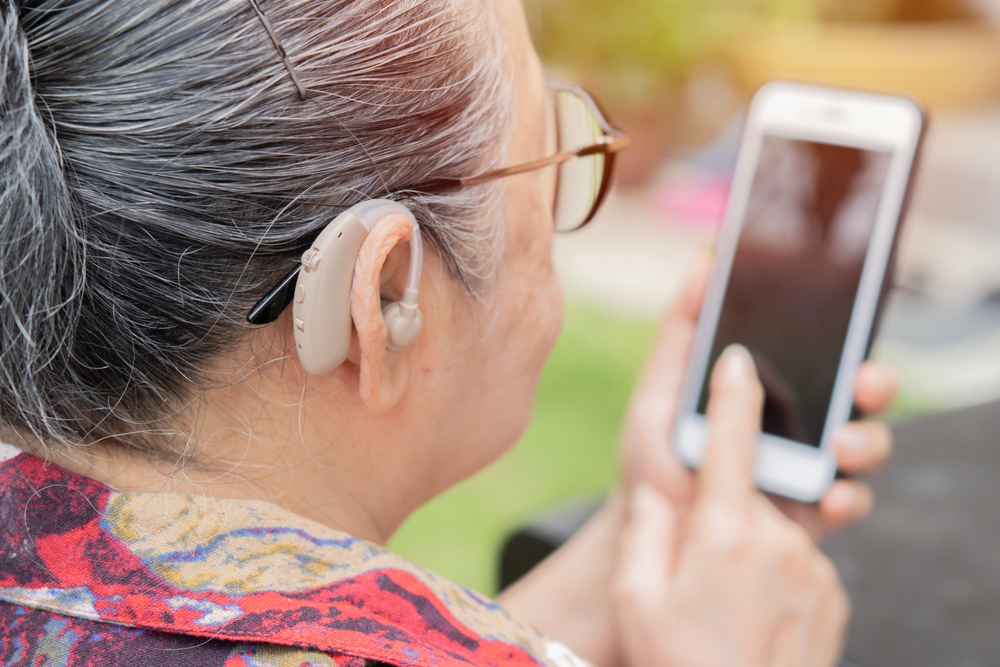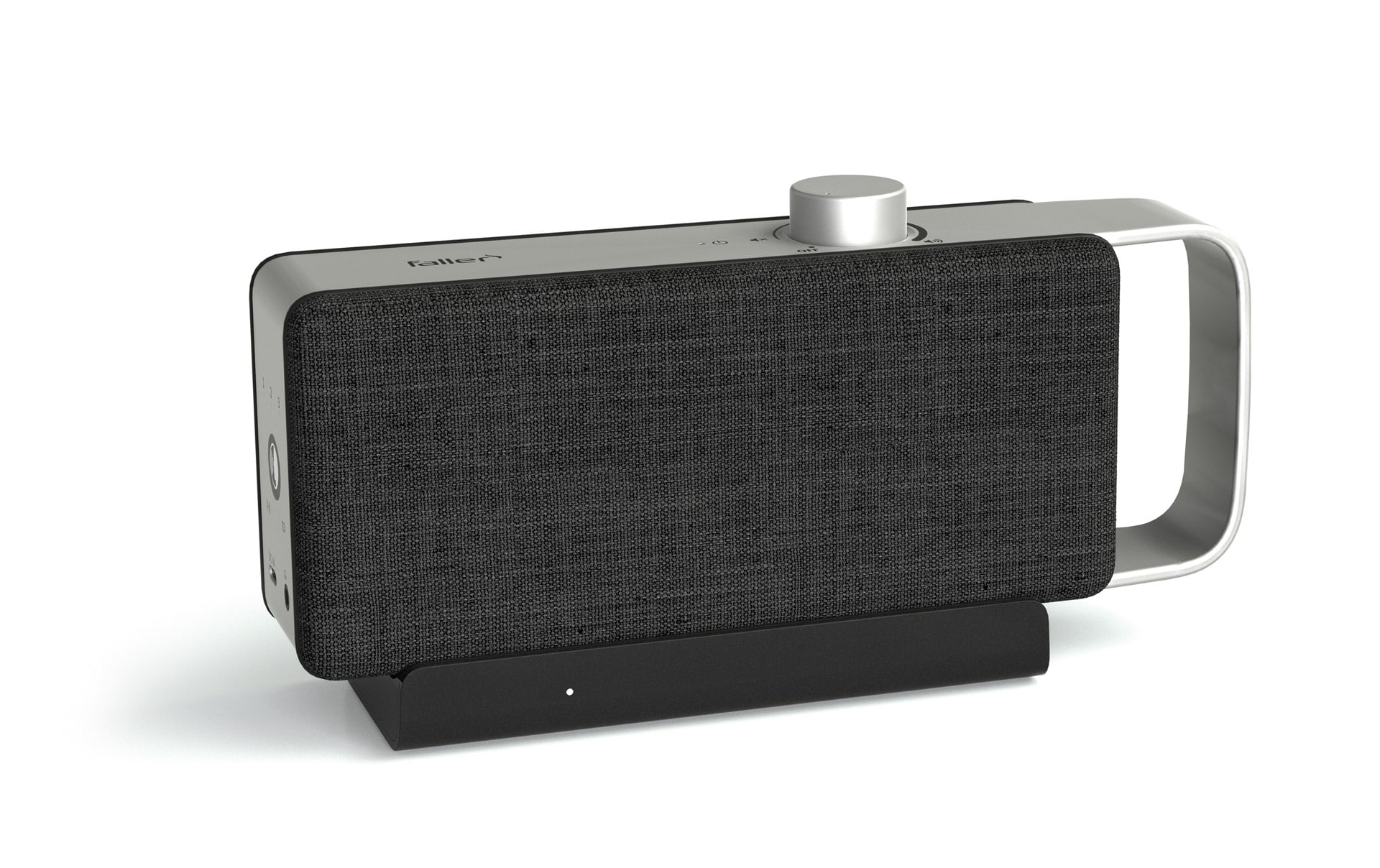HÖRST
Hyperacusis - What to do with noise hypersensitivity?

Table of contents
Most people find very loud conversations or music, road or building site noise unpleasant. But what happens when even noises at a "normal" volume suddenly become a burden?
People with hyperacusis have exactly this problem. What exactly it is, what the causes and treatment options are and answers to frequently asked questions on the subject can be found below.
What is hyperacusis?
The word hyperacusis comes from the Greek and is derived from "hyper" = "over" and "akusis" = "I hear". It describes a pathological hypersensitivity to sound. It is also referred to as hypersensitivity to sound.
These are usually environmental or everyday noises, loud voices or conversations. From a volume of 50 to 60 dB, which corresponds to the normal volume of conversation, those affected find noises unpleasant to the point of being very stressful or even painful. Other people do not yet perceive these noises as unpleasant.
It is estimated that around half a million people in Germany alone are affected by hyperacusis. However, this disease has not yet been fully researched.
Symptoms of hyperacusis
The symptoms of hyperacusis vary greatly depending on the person and their severity. Among other things, those affected experience
- Fear of supposedly loud noises
- Reactions of shock
- Changes in blood pressure
- Sweating
- inner restlessness and panic
- Palpitations
- Earache
- Headache
- Tension
If you notice one or more of these symptoms, it is advisable to consult an ear, nose and throat specialist.
Causes: How hyperacusis develops
People with hyperacusis are thought to have an auditory processing disorder. Although the causes have not yet been fully clarified, research assumes that this disorder is located in the auditory system in the brain, the area responsible for auditory perception, i.e. hearing. As a result, certain sounds are not processed correctly in the brain.
The causes of hyperacusis vary greatly. It is often a symptom of other illnesses or mental disorders.
For example, hyperacusis often occurs with sensorineural hearing loss. Hyperacusis is also typically caused by psychological stress and overload or by depression, anxiety disorders, etc. Treating the causes, i.e. the underlying illness, often also reduces the hypersensitivity to noise.
Hyperacusis is also a very common side effect of tinnitus. However, tinnitus is not the cause of noise sensitivity. Instead, both symptoms are probably due to the same disorder in the brain.
Other causes of noise hypersensitivity can be excessive alcohol consumption, side effects of certain medications, epilepsy, migraines, nerve damage and facial paralysis or a sudden hearing loss.

Hyperacusis diagnosis
Hyperacusis is always diagnosed by an ENT specialist. They use various hearing tests and examinations to determine whether hypersensitivity is present. A so-called "discomfort threshold audiogram" is often carried out for this purpose. This is used to check which sounds are perceived as unpleasant and at what volume.
Based on this diagnosis, the doctor will decide on treatment or further hyperacusis tests and examinations.
Hyperacusis treatment: these options are available
Hyperacusis can have various health consequences for those affected. If left untreated, it can lead to sleep problems, reduced concentration and other hearing problems or hearing loss.
In addition, people with noise sensitivity may isolate themselves socially, i.e. they increasingly avoid meetings, events etc. for fear of the unpleasant noises. This withdrawal can in turn have psychological consequences such as loneliness and depression.
Professional treatment for hyperacusis is therefore particularly important. It is usually based on the individual causes and needs of the patient - for example, whether it is an independent disease or a symptom of another disease, whether the sensitivity to noise is physical or psychological, etc.
Possible therapies for hyperacusis are behavioural therapies that aim to identify the triggers of hyperacusis and develop new behaviours to minimize hypersensitivity to sound.
The aim of sound exposure therapy is to slowly accustom sufferers to the respective sounds by confronting them with triggering noises in controlled environments and situations and to reduce their sensitivity to them.
Tinnitus retraining therapy can also be used for certain types of noise hypersensitivity. This was originally developed to treat tinnitus in order to reduce the stress caused by ringing in the ears. This involves the use of a so-called noiser, a technical device that uses pleasant noise to distract the brain from the tinnitus.
A doctor always decides which therapy is the most suitable and whether additional drug treatment is advisable.

Hyperacusis, phonophobia and misophonia
Phonophobia is a form or symptom of hyperacusis. People with phonophobia suffer from a particular fear of certain sounds. These sounds are often perceived as very bad or loud, even though they are actually "normal" everyday noises.
Another disorder is misophonia, in which those affected experience extreme aversion, anger or disgust at certain sounds.
Frequently asked questions about hyperacusis
Whether hyperacusis can be cured always depends on the individual situation and the underlying clinical picture. However, the chances of a cure are relatively high.
However, it is important to recognize the symptoms early and find the right treatment. So if you notice symptoms of noise hypersensitivity, see an ENT specialist to prevent further physical and psychological problems.
The duration of hyperacusis depends on both the cause and the treatment. Therapy, behavioral therapy or noise therapy, can take several months depending on the patient and the situation. It is also important to recognize and treat the symptoms at an early stage so that the condition does not become chronic.
No. The use of earplugs for hyperacusis is generally not recommended as they can exacerbate the problem.
The silence produced by earplugs can intensify the noise in the ears. Deliberately avoiding situations in which unpleasant noises occur is also counterproductive and can exacerbate the hypersensitivity.
If you notice symptoms of hyperacusis, are afraid of loud noises or suddenly find noises at a "normal" volume very unpleasant, you should definitely consult a doctor.
The first step is to see an ear, nose and throat specialist. Depending on the diagnosis, a neurologist or psychotherapist may also be the right person to consult.
More articles

Hearing amplifier for telephone calls

Mindfulness in old age

